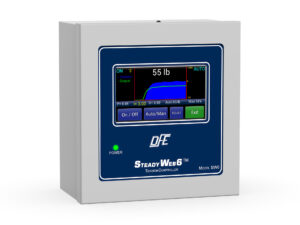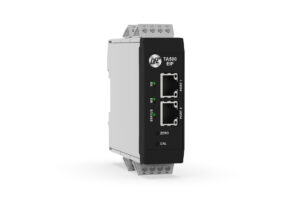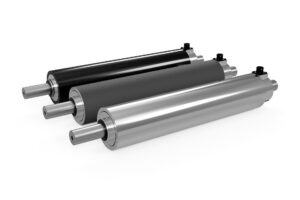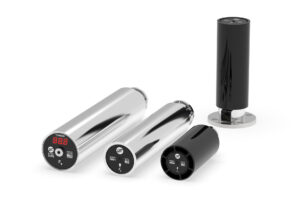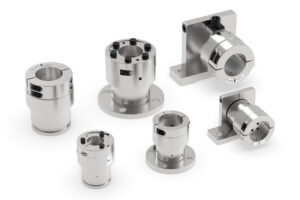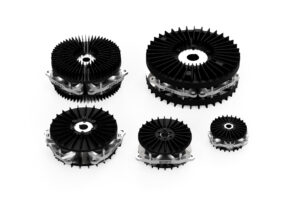Harnessing Precision: The Crucial Role of Tension Control in the Manufacture of Flexible Solar Technologies
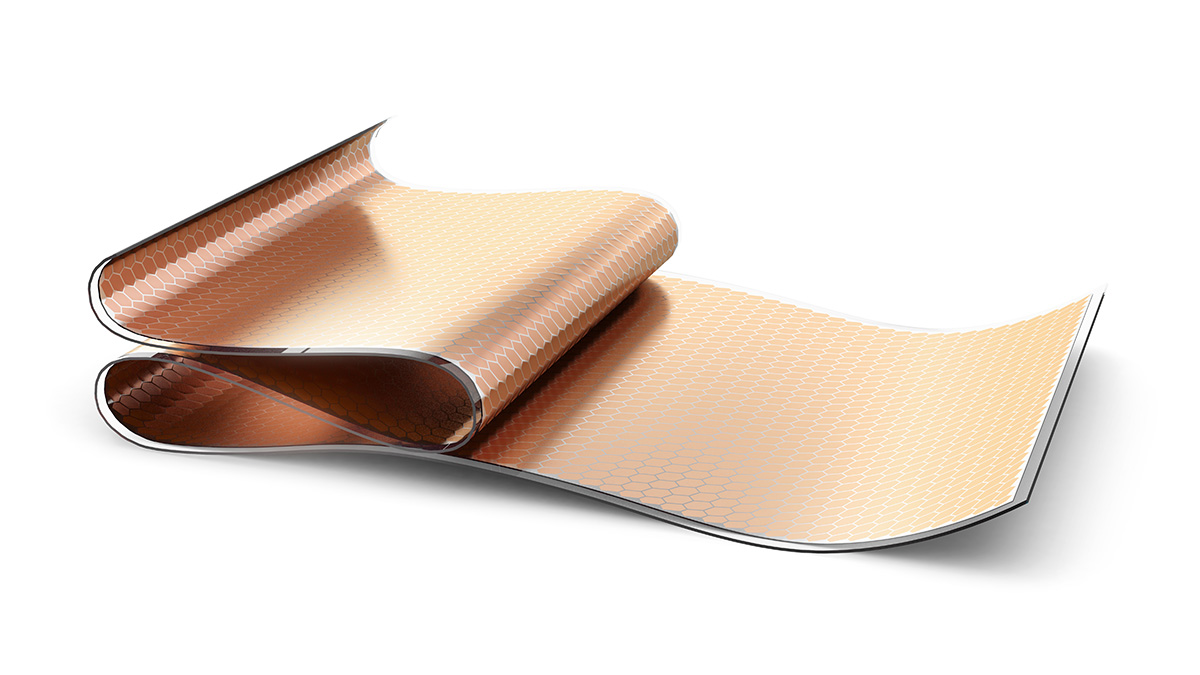 In the quest for more sustainable energy solutions, flexible solar technologies are emerging as pivotal players. These innovative materials – ranging from thin-film photovoltaics like CIGS to organic and dye-sensitized solar cells – offer the adaptability required to integrate solar power into everything from consumer electronics to building facades. However, the production of these flexible materials hinges on a crucial, often overlooked component: Tension Control. This article delves into why tension control is integral to the manufacturing process and how it helps ensure the efficiency and durability of flexible solar panels.
In the quest for more sustainable energy solutions, flexible solar technologies are emerging as pivotal players. These innovative materials – ranging from thin-film photovoltaics like CIGS to organic and dye-sensitized solar cells – offer the adaptability required to integrate solar power into everything from consumer electronics to building facades. However, the production of these flexible materials hinges on a crucial, often overlooked component: Tension Control. This article delves into why tension control is integral to the manufacturing process and how it helps ensure the efficiency and durability of flexible solar panels.
WHY TENSION CONTROL IS IMPORTANT IN FLEXIBLE SOLAR MANUFACTURING
Tension control refers to the precise regulation of strain applied to web materials as they are processed through manufacturing equipment. In the realm of flexible solar panels, tension control is essential to maintain material integrity and alignment. Effective tension control systems ensure that thin film substrates and other sensitive materials do not stretch or compress improperly during manufacturing, which could lead to defects and inefficiencies in the final product.
BENEFITS OF TENSION CONTROL
Proper tension control in manufacturing offers several key benefits:
Improved Product Quality: Consistent tension ensures uniform material properties and thickness, crucial for the optimal performance of solar cells.
Increased Production Speeds: Efficient tension management allows for faster processing times without compromising quality.
Reduced Material Waste: Minimizing breaks and defects in materials during production leads to less waste.
Extended Machinery Life: Uniform tension reduces wear and tear on processing equipment, extending its operational lifespan.
APPLICATION IN FLEXIBLE SOLAR TECHNOLOGY MANUFACTURING
Each type of flexible solar technology presents unique challenges that tension control helps to mitigate:
CIGS Solar Cells: For CIGS, tension control is vital during the deposition of materials onto flexible substrates, ensuring uniform layer thickness and continuity across the cell.
Amorphous Silicon: In amorphous silicon panels, maintaining tension during the deposition process helps avoid the formation of microcracks, which can severely affect the panel’s performance.
Organic (OPV) and Dye-Sensitized Solar Cells: These materials often involve printing or coating techniques where precise tension control is essential to ensure that the organic dyes and conductive materials are evenly distributed.
Perovskite Solar Cells: Although still in developmental stages, manufacturing processes for flexible perovskite cells also benefit from controlled tension to ensure the films are free from deformities that could impair efficiency.
Solar technologies such as OPV and Perovskite also benefit from the precise layer-to-layer registration that tension control enables, improving the integrity of electrical connections and other physical dependencies inherent to multi-layer designs.
INNOVATIONS IN TENSION CONTROL TECHNOLOGY
The ongoing evolution of tension control technologies includes more sophisticated load cells that utilize high-output semiconductor strain gauges – proven to perform well in industrial environments with high EM radiation and wide tension measurement requirements. Control systems that adjust tension in real-time can take full advantage of these reliable sensor feedback loops, ensuring optimal conditioning of substrates throughout the production process. Integration with factory automation systems and data analytics further enhances the capabilities of tension control, allowing for predictive adjustments and minimal human intervention.
FUTURE OUTLOOK
The future of tension control in flexible solar applications looks promising, with potential advances that could further refine the precision of this technology. As the demand for flexible solar technologies grows, so does the importance of efficient, reliable manufacturing processes. Innovations in tension control will continue to play a crucial role in meeting global energy needs sustainably and economically as production transitions from laboratory-scale to industrial-scale.
Tension control may not be the most visible part of solar technology development, but it is certainly one of the most critical. Consistent tension control helps in maintaining the same quality standards during high-speed and high-volume manufacturing, which is essential for commercial viability.
As we push the boundaries of where and how solar power can be used, the role of tension control in manufacturing these flexible materials cannot be underestimated. It is the unsung hero that ensures the quality and performance of solar technologies, paving the way for a greener future. By understanding and continuing to improve upon the processes that underpin the production of flexible solar panels, manufacturers can help ensure that renewable energy is not only more accessible but also more efficient and reliable than ever before.
Dover Flexo Electronics has decades of experience helping flexible solar manufacturers tune their process with automatic tension control to reduce scrap and downtime, delivering higher profits as a result.
Typical turn-key tension control solutions incorporate:
• A closed-loop tension controller such as the SteadyWeb™ 6
• A load cell such as the Tension Roll® Transducer
• A Pneumatic Brake, Magnetic Particle Brake, Clutch or Motor Drive System
Customers integrating tension control with a PLC most often utilize:
• A load cell signal amplifier such as the TA1 TrueTension™ Amplifier or TA500 EtherNet/IP™ Tension Amplifier
• A load cell such as the Tension Roll® Transducer, a pair of convertible load cells such as the Model C Series Transducers or Under Pillow Block Transducers such as the Model F Series
DFE offers the highest quality tension sensing transducers and controllers to achieve top performance in unwind, rewind and process tension zones. Contact an application engineer to discuss your specific requirements today.
Do you have a similar tension application that you would like to discuss?
Complete the form below and a DFE Applications Engineer will contact you shortly.
DFE does not share information with 3rd party advertisers.
RESOURCES
Application Note: Tension Control for Flexible Solar Manufacturing (PDF)

